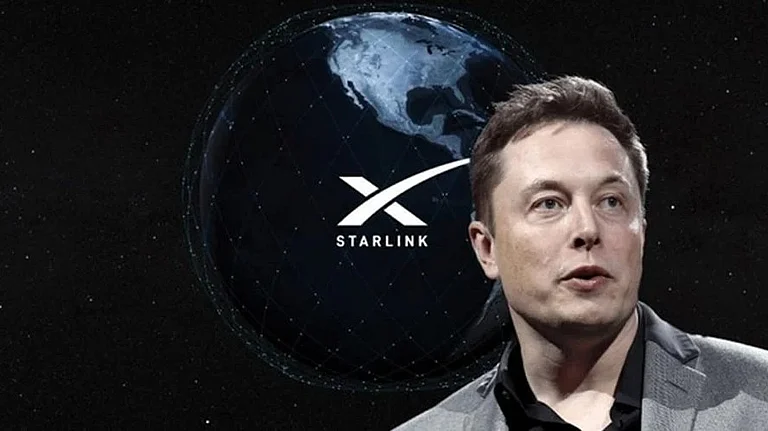Amazon’s planned deployment of the first 27 Kuiper internet satellites was delayed on Wednesday due to unfavourable weather conditions, as reported by the launch provider, United Launch Alliance (ULA).
As per the livestream of the event, the rocket carrying these satellites was set to launch from a pad in Cape Canaveral, Florida. However, ULA announced that it could not proceed with countdown operations due to "stubborn cumulus clouds" and strong winds, which forced the launch to be postponed beyond its scheduled window.
The livestream displayed steam blowing from the white Atlas V rocket, which was loaded with 27 Project Kuiper satellites, as it stood on the launchpad amid repeated delays.
This marked ULA’s first attempt to execute one of numerous missions for Amazon, its largest commercial client.
Kuiper Mission
The mission, designated Kuiper 1 by ULA and Kuiper Atlas 1 (KA‑01) by Amazon, aims to deploy the first batch of full‑production satellites into low Earth orbit. Amazon’s Project Kuiper, a satellite internet constellation, is designed to rival competitors such as SpaceX’s Starlink and Eutelsat’s OneWeb. ULA and the Eastern Range are currently working to establish a new launch date.
Similar to Starlink, the Kuiper service seeks to provide internet connectivity to even the most remote and underserved regions of the world, including war zones and disaster‑prone areas. Once deployed, the satellites will orbit hundreds of miles above Earth, laying the groundwork for Project Kuiper, which Amazon envisions will eventually comprise over 3,200 spacecraft.
Amazon’s Plan
Following the initial launch, Amazon intends to ramp up its manufacturing, processing and deployment pace. The company has already begun preparing satellites for its next mission, which will also be carried out using one of ULA’s Atlas V rockets.
While ULA handles the launch of the first Kuiper satellites, Amazon has diversified its launch providers for the project, securing flights on ULA’s newly developed Vulcan Centaur rocket, Arianespace rockets, Blue Origin’s New Glenn and SpaceX’s Falcon rocket family.
In October 2023, Amazon successfully launched two prototype Kuiper satellites as part of a test mission, paving the way for the initial phase of operational satellite deployments.


































